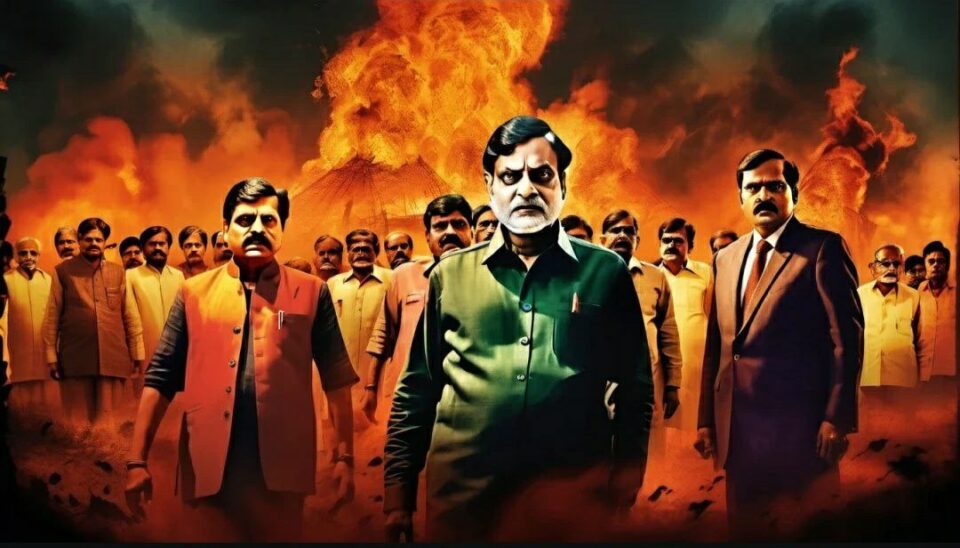Introduction: Indian Politics
Indian politics has always been a hotbed of controversies and allegations, with political parties often engaging in a blame game to undermine their opponents. One party that has faced its fair share of criticism is the Bharatiya Janata Party (BJP), led by Prime Minister Narendra Modi. In recent years, the party has been embroiled in various scandals and allegations that have raised eyebrows and fueled public debates. In this article, we will examine some of the allegations against the BJP and attempt to shed light on the controversies surrounding the party.
- “Uneducated Prime Minister has become YouTuber”
One of the most significant allegations against Prime Minister Modi is the claim that he is uneducated. While there have been debates and discussions about his educational qualifications, Modi’s rise to power and his subsequent stint as a YouTuber have been points of contention. Critics argue that a lack of formal education might hinder effective governance, while supporters believe that leadership qualities are not solely dependent on academic credentials.
- “Woman minister is running an illegal bar”
Allegations of a woman minister running an illegal bar raise questions about the ethics and integrity of BJP members. It is essential to note that these accusations are often made without substantial evidence, and investigations should be conducted to ascertain the truth. In any democracy, allegations of illegal activities by government officials must be thoroughly investigated and, if proven, appropriate action taken.
- “The former Tadipar is the guardian of the law”
The term “Tadipar” is often used derogatorily to describe someone with a criminal background. Accusations of a former criminal holding a position of power and responsibility in the government are indeed concerning. However, it is crucial to remember that individuals can change their lives, and rehabilitation is a fundamental principle of justice.
- “The gilli danda player is running a cricket association”
Criticism of politicians being involved in sports associations is not unique to the BJP. However, it is essential for such associations to operate transparently and ethically to maintain the integrity of the sport. The public should demand accountability and transparency from such organizations to ensure that they serve the best interests of the sport and its enthusiasts.
- “Nachaniya Bhand remains MP”
Political representation in a democracy is a choice made by the electorate. If an MP is not performing adequately or is embroiled in controversies, it is ultimately the responsibility of the voters to make an informed choice during elections. Political accountability lies with the electorate as well as the political party in question.
- “Rapists are having fun”
Allegations of lax law enforcement and judicial shortcomings in handling cases of sexual assault are not specific to any one political party. Addressing such issues requires comprehensive legal reforms, improved law enforcement, and a societal shift in attitudes towards gender-based violence. It is a collective responsibility to work towards a safer and more just society.
- “Abusers in Parliament are being promoted”
Parliamentarians must adhere to a code of conduct that upholds the principles of respect, civility, and decorum. Any allegations of abusive behavior within Parliament should be thoroughly investigated and addressed by the appropriate authorities. Promoting an environment of respect and healthy debate is essential for the functioning of a democracy.
- “Journalists remain spokespersons of the party”
The independence and integrity of journalism are paramount in a democracy. Journalists must maintain a clear boundary between their professional roles and any political affiliations they may have. Allegations of journalists acting as party spokespersons should be thoroughly examined, and the media should strive to uphold its role as a watchdog and informer of the public.
Conclusion
Indian politics, like politics in any democracy, is rife with controversies and allegations. It is essential for the public to remain informed, critically evaluate these allegations, demand transparency and accountability, and exercise their democratic rights responsibly during elections. Addressing the challenges facing the nation requires a collective effort from all stakeholders, including political parties, citizens, and the media, to build a more just and equitable society.

